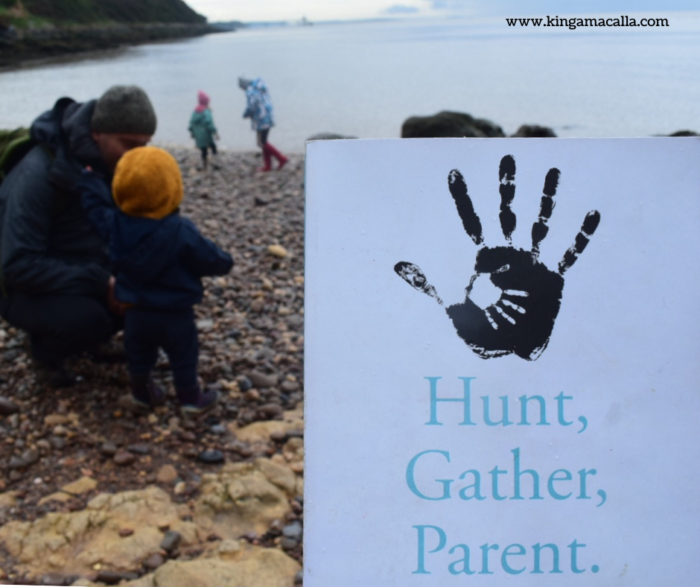I saw this book recommended on one of the parenting channels and for some reason, I felt it was going to be an interesting read. I wasn’t disappointed. In a way, it presents a sad picture, because it shows that something as natural as being a parent has become a struggle. These days, I have a feeling that many parents could relate to the author’s parenting struggles and the overwhelming feeling of helplessness. When reading Doucleff’s publication, I went back to my favourite books which I read years ago, e.g. to Jean Liedloff and The Continuum Concept. In the first chapter of The Continuum Concept, we read about the author’s reaction and how she felt shame by the fact that in the US, women feel inadequate bringing up their children, unless they read a book written by a strange male. [p. 14] The second book I went back to was Siblings without Rivalry by Adele Faber and Elaine Mazlish. In this publication, we find so many examples where adult parents still feel so much pain because of their own childhood and how they were raised.

Now, let’s go back to Hunt, Gather, Parent. Why had this book been written? As you can guess, because of the mother’s struggles and her difficult life where her beloved little daughter became her enemy. The author was so desperate to find a solution to her own parenting struggles that she decided to embark upon a mission to find the answer. She visited some hunter-gatherer cultures where parents build a relationship with their children based on cooperation, trust and personalised needs. [p. 7] She visited a Maya village in Mexico, an Inuit village of Kugaaruk in Canada and a Hadzabe village in Tanzania. With each visit, she made some inspiring observations which changed the way she parented herself. In the Maya community, she found the most flexible and cooperative children; in the Inuit community, it was the emotional intelligence of the parents and grandparents and finally; in the Hadzabe community, it was the autonomy and courage of the children.
The book also contains some wise words from members of the community. We read that:
“In Maya culture, there’s a belief that everybody has a purpose (…)” [p. 76]
“When you yell at children, they stop listening.” [p. 145]
“With the !Kung hunter-gatherers in southern Africa, the word for ‘learning’ and ‘teaching’ is the same (n!garo), and parents will often use the phrase ‘She’s teaching/learning herself’ while a child is trying to figure out how to do something. Why interrupt their learning?” [p. 252]

For me, one of the most beautiful stories was the peaceful birth story of the Inuit mum. I also enjoyed learning about a special word for a kiss for the Inuit children called a kunik; this is when you put your nose against the child’s cheek and sniff their skin. [p. 145] However, the element that I didn’t like or understand much was about parenting through scary stories (I need to research this more!).
The book definitely made me think about my own parenting style and the parenting styles present in Western culture. Have you read this book or a similar one? Please let me know in the comments below.